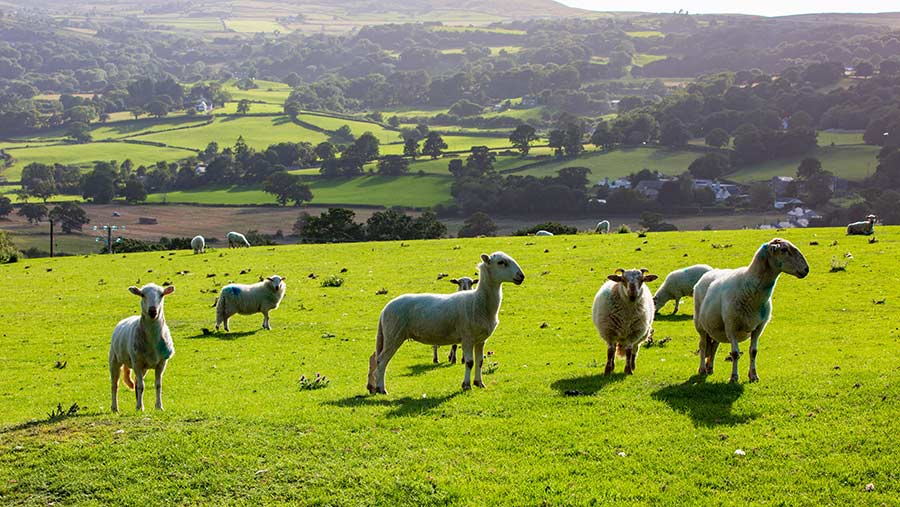Opinion: Welsh farming SFS proposal has ‘ignited a fire’
 © Yin/Adobe Stock
© Yin/Adobe Stock Saturday night and I am in the theatre in Port Talbot. My 10-year-old son is performing in the Glamorgan Young Farmers drama competition.
The place is buzzing with mums, dads, grandmothers, granddads, younger siblings, and a host of dedicated present and past Young Farmers.
It is the essence of a flourishing community, the type of life-affirming event that makes you feel part of something.
See also: Opinion – harness the overview effect in farming
We share the ups and downs of the night’s performances, and are collectively encouraged in the intermission to respond forcibly to the current consultation on the Welsh government’s proposals for the Sustainable Farming Scheme (SFS).
The Integrated Impact Assessment published to support the proposals has ignited something of a fire, with worst-case scenarios indicating 5,500 job losses on farms, a large reduction in stock numbers and a significant drop in revenue for the sector.
The tinder was already well prepared following the underfunded interim habitat scheme and the ever-present 10% trees quota.
Sitting in the shadow of the great steelworks, it is tempting to roll rural job losses and steelworkers together and come up with a cumulative and unnecessary blow to an already fragile economy here in Wales.
Fundamentally, the aims of the new scheme are largely welcome and sensible.
If farming is to maintain support payments, then they need to be linked to responsible actions in terms of improving the industry and lessening the impact on the environment.
The outlined universal actions align neatly with our organic practice and won’t create too much challenge.
For others, it will be a tougher year to get aligned, but once it becomes business as usual, it will be business as usual. I am also a tenant so the 10% trees issue is a barrier that should be surmountable.
Where Welsh government has a big challenge is in fair rewards for what they are asking. The discussion around budget is vague and illusory.
The consultation responders will ask for more, but we will likely be set a budget of around £300m plus.
I would bank on it sticking there for a decade. It is doubtful that it will be adequate compensation for the outcomes demanded.
The Habitat Wales Scheme has been singularly unambitious and has stripped out thousands of pounds of income from farmers who, until recently, had been contributing some of the very outcomes intended by the SFS.
When the optional and collaborative actions come on stream (and this should be much sooner than suggested in the consultation document), payment rates must be far higher for farmers to engage.
More radically, we could view funding as a collective issue for government, consumers, retailers, and farmers.
Perhaps the end-consumer should pay 20% more for food items, or supermarkets pay a 20% environmental levy as part of funding farmers to look after our collective countryside?
Arguably it is disingenuous not to recognise the whole chain that benefits from government support to farms.
Ultimately, none of us live in isolation. If we are to farm for the benefit of all then that needs to be recognised by all and properly funded.
The aims of the new scheme are largely positive; however, as with much in life, if we can’t afford it then there is a high chance that we can’t have it.

